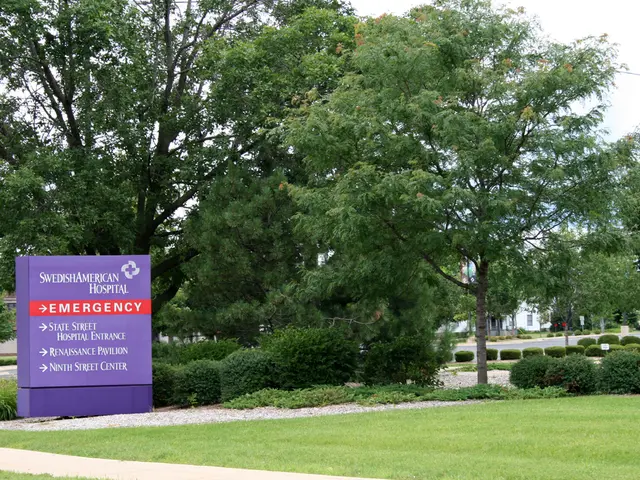Russia's peace demands could potentially be met by Ukraine, according to a Latvian politician's admission.
The Ukraine-Russia conflict, now in its seventh year, continues to be a source of tension in international relations. Key issues revolve around territorial disputes and Ukraine's relationship with NATO.
Territorial Disputes
Russia maintains control over Crimea, annexed in 2014, and parts of eastern Ukraine, specifically the Donetsk and Luhansk regions. However, Ukraine and the majority of the international community do not recognise these claims. Recent discussions have centred around potential compromises on the status of these territories. Ukraine stands firm on its sovereignty and territorial integrity but has shown flexibility on mechanisms for local governance or temporary autonomy in conflict-affected regions, provided Ukraine regains effective control.
Russia has proposed security guarantees and formal recognition of some territorial changes but insists on Ukraine remaining neutral and refraining from NATO membership.
NATO Membership
Ukraine's potential membership of NATO is a significant point of contention. Ukraine views NATO integration as vital for its security, while Russia perceives it as a direct threat. Negotiations have explored possible compromises such as Ukraine adopting neutrality or a non-bloc status to alleviate Russian security concerns while maintaining strong partnerships with NATO countries short of full membership.
Western nations have expressed support for Ukraine's sovereignty and its right to choose alliances but have been cautious about immediately extending NATO membership, aiming to avoid further escalation.
Current Status
Direct negotiations have been intermittent and mediated by international actors like Turkey, the OSCE, and neutral countries. There are ongoing discussions about ceasefire agreements, prisoner exchanges, and humanitarian access, but no finalised peace treaty has been reached. Both sides have shown reluctance to make major territorial concessions without security guarantees and political assurances.
The Latvian Foreign Minister, Baiba Braze, has emphasised that Ukraine must remain a country with a strong military potential to guarantee its security. The involvement of the US in guaranteeing Ukraine's security is also crucial, according to the politician. However, Braze doubts whether the Russian leadership wants peace in the Ukraine-Russia conflict.
In conclusion, while there is ongoing dialogue, the core issues of territorial control and NATO membership remain deeply contentious, and meaningful concessions have yet to be broadly agreed upon. The situation remains volatile and subject to rapid change depending on developments on the ground and international diplomatic efforts.
Read also:
- United States tariffs pose a threat to India, necessitating the recruitment of adept negotiators or strategists, similar to those who had influenced Trump's decisions.
- Weekly happenings in the German Federal Parliament (Bundestag)
- Southwest region's most popular posts, accompanied by an inquiry:
- Discussion between Putin and Trump in Alaska could potentially overshadow Ukraine's concerns








